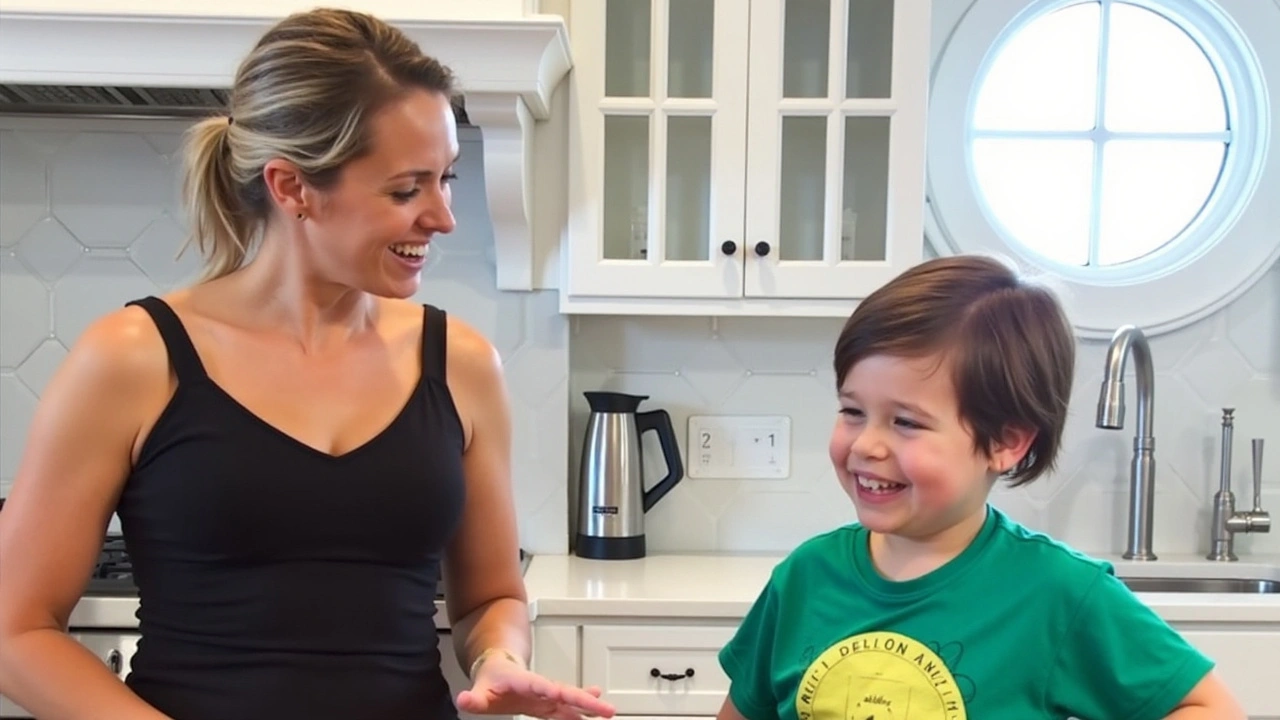Parenting: Practical Tips for Busy Parents
Parenting doesn’t have to feel overwhelming. Small, consistent changes beat big, occasional efforts. Below are easy, practical steps you can try today to improve sleep, behaviour, meals and daily rhythm without adding more stress.
Make mornings and evenings predictable
Kids respond to routines. Pick two anchor points: a calm morning and a consistent bedtime. Mornings can be a 10-minute checklist: teeth, breakfast, backpack. Bedtime should be the same time every night, with a short wind-down—bath, book, lights out. Use a simple chart or alarm so kids know what comes next. Predictability cuts arguments and lowers stress for everyone.
If mornings are rushed, move one task the night before: lay out clothes, pack lunch, or charge devices. For bedtime, avoid heavy food and exciting screen time an hour before sleep. If a child resists, give two choices (“book A or B?”) so they feel in control without derailing the routine.
Keep discipline short and clear
Discipline works best when rules are few and clear. Name the rule, state the consequence, and follow through calmly. For example: “Hands off. If you hit, we leave the playground.” Immediate, predictable consequences teach faster than long lectures.
Use praise more than punishment. Catch them doing something right—say it out loud. Swap repeated scolding for short reminders and an expected consequence. Time-outs or loss of a privilege should match the child’s age: minutes equal years is a simple rule (3 minutes for 3-year-olds, etc.).
When emotions run high, model how to calm down. Breathe with them for a minute, then name the feeling: “I see you’re angry.” That teaches words for big feelings and cuts future meltdowns.
Screen time is part of life, but boundaries help. Set daily limits and choose quality over quantity—educational shows, co-watching, or creative apps. Use tech tools to schedule off-times and encourage device-free meals or walks.
Food and movement shape mood. Aim for simple meals with a protein, veg and a carb. Snacks should be predictable to avoid constant requests—same two options each day work well. Build short daily activity into family life: a 15-minute walk, dancing to a song, or a backyard game. Kids copy what we do, so a short active routine helps everyone.
Ask for help. Parenting is not a solo job. Swap school runs with a neighbour, join a parent group, or call a friend when you need a break. If you notice persistent sleep problems, behaviour shifts, or mood changes, talk to your GP or a local child specialist.
Desert Rose Daily shares parenting stories and local resources across Africa. Bookmark tips that fit your family, try one change this week, and watch small wins add up. You don’t need perfect parenting—just steady, useful moves that make daily life easier.

